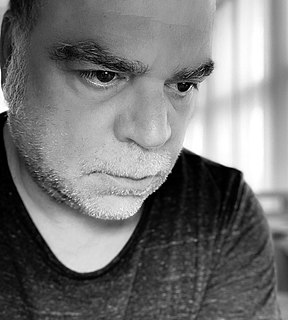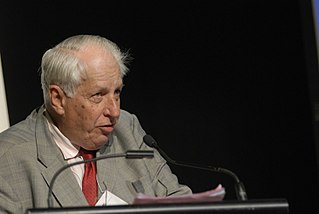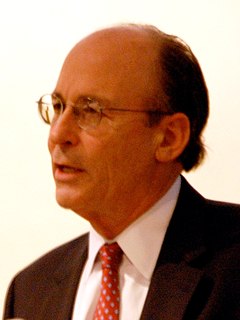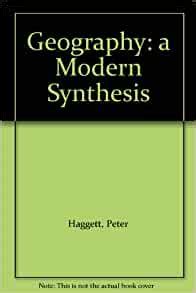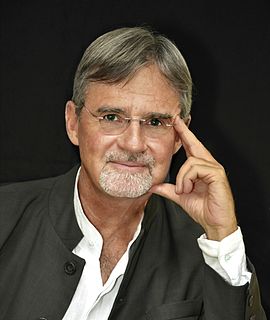A Quote by Peter Gizzi
The Astonishment Tapes will now take its place within the growing field of international research about postwar American poetry's important contribution to world literature. Miriam Nichols has once again done exceptional scholarship.
Related Quotes
In my first class at the University of Kentucky, my American Literature professor came in, and the first sentence out of his mouth was "The central theme of American Literature is an attempt to reconcile what we've done to the New World." wrote that down in my notebook, and thought, "What is he talking about?" But that's what I think about now. The New World and what we've done to it.
Barry Jones once said that Australia is the only country where the word 'academic' is a pejorative. The academic sector has a vibrant and practical role to play in this complex world of ours. Higher education and research are worthy of your much closer attention. Yes, we can be and should be the clever country. Our progress can be within the highest ethical and moral framework. But this will only happen if we place appropriate emphasis on education, research and innovation within a truly international framework.
English is, from my point of view as an Americanist, an ethnicity. And English literature should be studied in Comparative Literature. And American literature should be a discipline, certainly growing from England and France, Germany, Spain, Denmark, and the Native traditions, particularly because those helped form the American canon. Those are our backgrounds. And then we'd be doing it the way it ought to be done. And someday I hope that it will be.
I am not sure, once a poet has found out what has been written already, and how it was written - once, in short, he has learnt his trade - that he should bother with literature at all. Poetry is not like surgery, a technique that can be copied. Every operation the poet performs is unique, and need never be done again.
I'm educating myself more about world poetry. I know a lot about contemporary American poetry, so I felt I needed to learn more about figures like Borges, Akhmatova, Neruda, etc. I felt I needed a bigger lens to see poetry through. It really helps to see poetry as a world language, and not just something American.
I didn't ever consider poetry the province exclusively of English and American literature and I discovered a great amount in reading Polish poetry and other Eastern European poetry and reading Russian poetry and reading Latin American and Spanish poetry and I've always found models in those other poetries of poets who could help me on my path.
The Place of Religion in Chicago is a clearly written account of a little-studied aspect of American landscape. Based on unique field surveys and supported by photographs, tables, and beautifully crafted maps, the book will form a lasting contribution to our understanding of an overlooked element of the American urban scene: the religious landscape of a major metropolis.
One can say that the disaffection is still a lingering naiveté about, not the place of poetry in the world, but - how to say this - the moral and intellectual presence of poets in the world. And while this may seem an old conversation to many poets who roll their eyes and say, "Here we go again about the function of poetry," I think that conversation, about poetry as an engaged art in a world that is full of regression or still lacking in progress, is still really not well-developed. It's almost an avoided conversation.
I think New York is working its way into my poems. It takes a while for a place to filter its way onto the page, but I've been reading more and more American poetry and I certainly feel it as quite a freeing force. Coming from the formally ordered tradition of poetry in Ireland, I find the expansiveness of American literature freeing in some sense.
Life's so ordinary that literature has to deal with the exceptional. Exceptional talent, power, social position, wealth.... Dramabegins where there's freedom of choice. And freedom of choice begins when social or psychological conditions are exceptional. That's why the inhabitants of imaginative literature have always been recruited from the pages of Who's Who.
I don't really think in terms of the future of literature. I think literature will be around "forever" - but in a relatively niche way, like jazz and poetry, although probably more widely consumed than jazz and poetry since it's fundamentally a narrative form. And I think that's important and places like Word Riot and 'The New York Tyrant' and 'n+1' will be responsible for keeping it alive.
The English tourist in American literature wants above all things something different from what he has at home. For this reason the one American writer whom the English whole-heartedly admire is Walt Whitman. There, you will hear them say, is the real American undisguised. In the whole of English literature there is no figure which resembles his - among all our poetry none in the least comparable to Leaves of Grass
Most Americans have no memory of the designs Franklin Roosevelt's New Dealers had for postwar-American foreign policy. Human rights, self-determination and an end to European colonization in the developing world, nuclear disarmament, international law, the World Court, the United Nations - these were all ideas of the progressive left.
